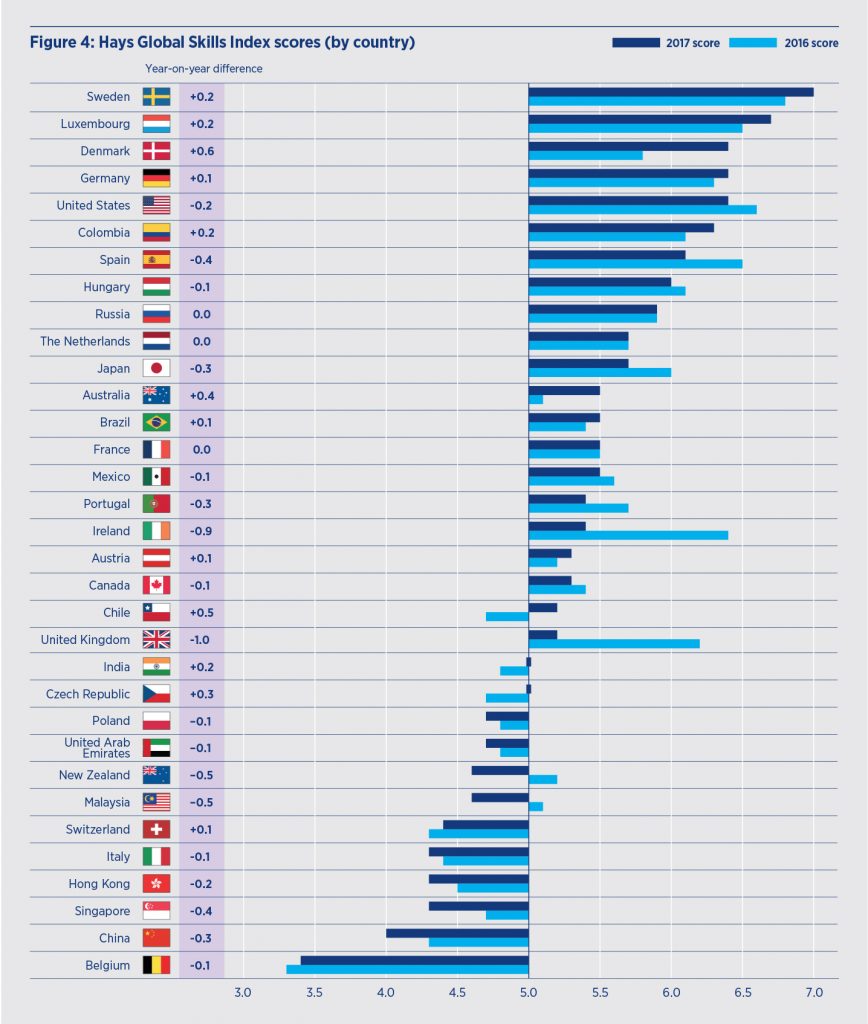The internet is full of controversial feedback on outsourcing. It may vary from the claims that outsourcing is a curse depriving people of work, to the admiration showing outsourcing as a bliss.
The truth is that… neither party is right. If you know how to manage business processes, outsourcing will never ever ruin your company. And on the other hand, it won’t save you from failure if your business spins out of control.
It’s not a magic wand that can solve any problem; it’s a tool that brings results when you need to:
Post Contents
1. Optimize Your Budget
Every smart entrepreneur is looking for the ways to increase profit and cut expenditures. The more you save, the more you can invest; the more you invest, the more you gain. It’s okay to delegate a part of work to a vendor that demands less money than an in-house team. Lots of world-known corporations prefer offshoring because it significantly cuts their operational cost. And choosing the right outsourcing destination also matters as average hourly rates vary greatly in different countries. What’s more, offshoring gives you access to the markets of other countries and makes a company more commercially viable and competitive.
2. Decrease Workload
When it comes to aspiring businessmen and startup-ers, they try to do every single task in the company – HR, marketing, payroll, let alone their core responsibilities. Sooner or later these people find themselves exhausted, overworked with no motivation left. That’s the terminal stage, and you can avoid it by putting up with the idea that you cannot know and manage everything. It’s better to spend some time and find a reliable partner who specializes in the task you can outsource.
3. Start fast
“We have to do this as soon as possible or even against the clock.” I bet you’ve said this phrase more than once if you are a small business owner. You’re reaching the deadline, you’re in a hurry, and there are lots of other things to do… Haste makes waste. And the trickiest thing is that more workers won’t save you when you are in a rush. First, you won’t have much time to hire the best candidates. Second, hiring can last a few weeks because it includes screening CVs, interviewing candidates, teaching newbies, etc. That’s the case when you should outsource because the team for your task is already ramped up and all you need to do is to describe your problem.
4. Hire Experts
The world is suffering from two contradicting problems; these are unemployment and skill shortage. And the smaller the country, the more severe outcomes can be for business. For instance, Scandinavia has already faced the lack of IT specialists, and now this region is launching a few programs to relocate experts from other countries. However, there is no need to relocate an employee for a single task. Computer and internet access make it possible both to find the needed worker in any part of the world and outsource your work there without extra expenditures.
5. Save time
I have already told you that hiring takes a lot of time and efforts. And that’s the first case when outsourcing vendors save your time by selecting candidates according to your needs. At the same time, you don’t need master all the peculiarities of business processes in your company. If you’re a great engineer, do your work and don’t waste your time on learning programming, accounting or SMM. Rest assured, there are great specialists in these fields too, and they would be happy to help you with the areas where you lack expertise.
6. Avoid overhiring
Outsourcing can be useful if you want to keep your company flexible. Instead of creating a complex corporate structure with a large in-house team that needs a big office, equipment, bonuses, etc., you can hire a few employees dealing with the main business process. The rest of the tasks can be delegated to outsourcing agencies. How does it work? Imagine, you are a restaurant owner, and you have an idea to develop an app for your business. Creating a whole IT department would be an irrational and expensive solution in this case. But addressing to a vendor saves you from such HR hassles as hiring people and firing them when the project is over.
Rumors have it that outsourcing can be good and bad. But now when you have this short guideline, you can decide when and how to use this tool. If you want to be competitive, be independent and have your own opinion on business strategies.
Written by Julia Kravchenko of Qubit Labs.































